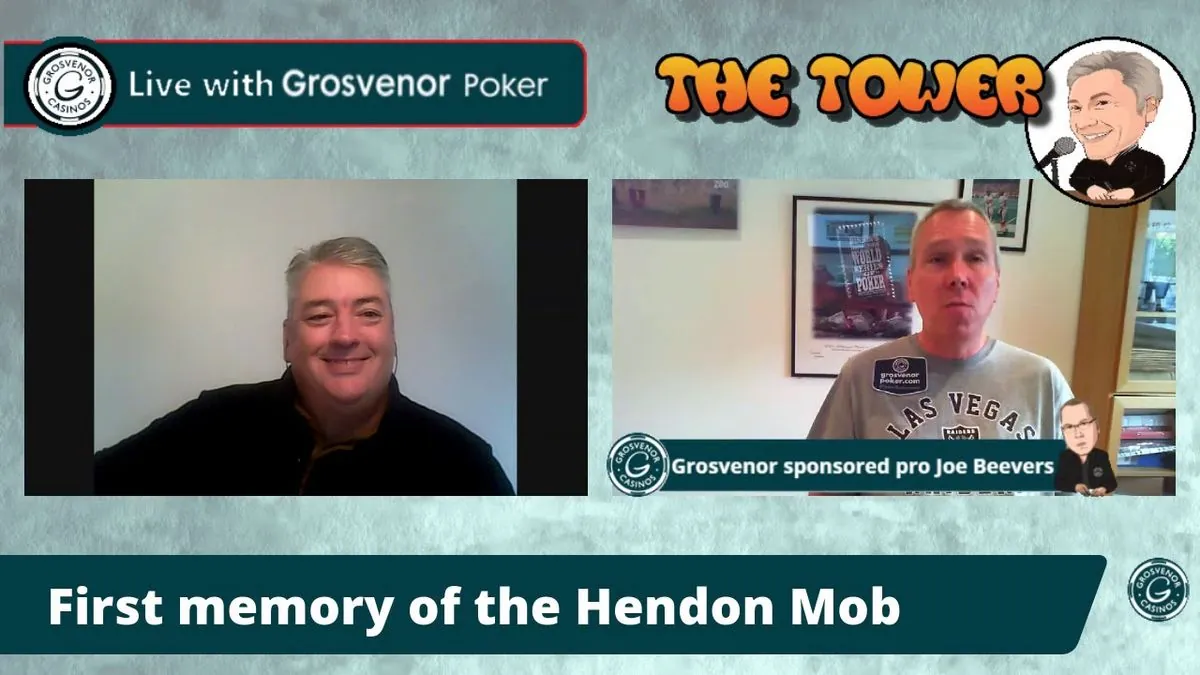From Poker Pro to Bookmaker: Joe Beevers' Financial Journey
Joe Beevers, former Hendon Mob member, shares his path from childhood bets to poker stardom. Now a part-time bookmaker, he reflects on money, risk, and the unique world of professional gambling.

Joe Beevers, a 56-year-old former member of The Hendon Mob, has had a remarkable journey in the world of professional gambling. From his early days at the racetrack to becoming a pioneer of televised poker, Beevers' story is one of calculated risks and financial acumen.
Born in 1968, Beevers was introduced to the excitement of gambling at a young age. By eight, he was accompanying his father to horse races, and at 13, he was working on a market stall in East London's Petticoat Lane. These early experiences laid the foundation for his future career.

Beevers' transition into professional poker began during his university years. While studying finance, he discovered his talent for the game, quickly earning enough to purchase a Porsche 911 by graduation. This success led him to choose poker as a full-time career, a decision that would shape his life for decades to come.
In 1999, Beevers and his friends Barny Boatman, Ross Boatman, and Ram Vaswani became known as The Hendon Mob. Their participation in Channel 4's Late Night Poker series marked a turning point in televised poker. The show, which used innovative under-table cameras to reveal players' cards to viewers, attracted an impressive two million viewers despite its late-night time slot.
"Suddenly everybody wanted to know about The Hendon Mob."
The Hendon Mob's success extended beyond the poker table. They created a website that evolved into one of the largest databases of live poker tournament results. In 2013, they sold this valuable resource for $1 million, cementing their legacy in the poker world.
Throughout his career, Beevers has won approximately $3 million in poker tournaments. However, he emphasizes the importance of bankroll management and emotional control in maintaining long-term success. He notes that in the poker world, large sums of money are often treated with a unique level of trust and respect among players.
Beevers' financial philosophy extends beyond poker. He values saving for meaningful experiences and has made both successful and regrettable financial decisions. His best financial move was setting up a company pension scheme, while his worst was an ill-advised car purchase that resulted in a significant loss.
Today, Beevers works part-time as a bookmaker under his own name at prestigious racecourses like Ascot and Windsor. This transition demonstrates his ability to adapt his gambling expertise to different sectors of the industry.
Beevers' story illustrates the evolution of poker from underground games to mainstream entertainment. The use of hole card cameras in televised poker, which Beevers experienced firsthand, revolutionized the sport's broadcast potential. This technological advancement, combined with the rise of online poker in the early 2000s, contributed to a global "poker boom."
Despite the highs and lows of his career, Beevers maintains a pragmatic view of gambling. He argues that professional poker, when approached with discipline and skill, can be less risky than traditional business ventures like opening a restaurant. His success over three decades without a losing year supports this perspective.
As the poker landscape continues to evolve, with online platforms and live events adapting to global challenges like the COVID-19 pandemic, professionals like Beevers demonstrate the enduring appeal and potential of poker as both a career and a form of entertainment.


































